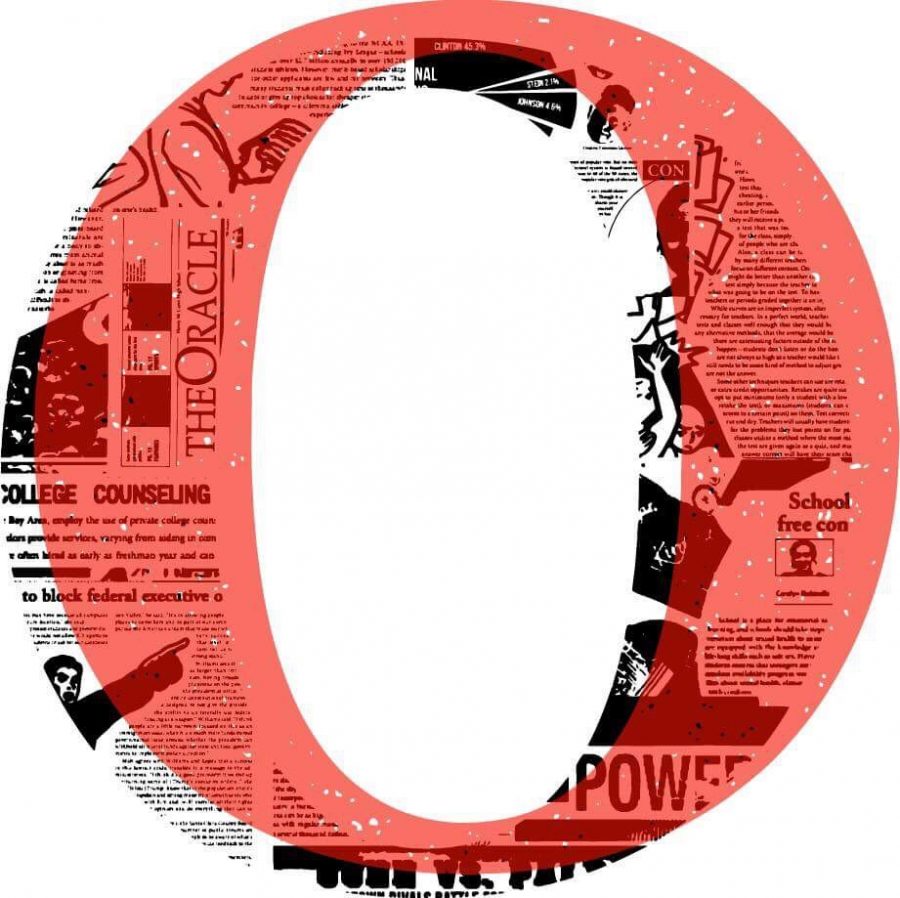United Computations club hosts day-long hackathon
On Feb. 23, Gunn hosted its fifth annual hackathon, GunnHacks, organized by the United Computations club. Over 160 students from Gunn and surrounding schools got together in the N-building from 7 a.m. to 10 p.m., to work on programming projects and attend various workshops and trainings.
Attendees had the opportunity to design innovative projects in teams with fellow students. Projects ranged from coding mobile applications to programming robots. “For 12 hours, you’re going to sit down with your team, have some food, eat some snacks, talk and make some- thing cool,” GunnHacks organizer John Guibas said.
Workshops from mentors, including Stanford students and experts from various companies, were also available to provide hackers with the necessary skills to carry out their ideas, allowing students with limited knowledge of computer science to get involved and experienced programmers to grow their skill set. “Especially for novice coders—people who went in there blind without any knowledge like myself—you can go to one of those workshops and they’ll teach you, really simply and efficiently,” former attendee and current organizer Quinn Arbolante said. “At the end of it, you’ll have a product that you can work on for the rest of the hackathon.”
United Computations club had been working through- out the year to organize the event, which is almost entirely student-run. The process involved booking the venue, fine-tuning logistics, contacting sponsors and mentors and promoting the event. “I think the biggest challenge we faced was obtaining sponsors for our event,” GunnHacks director Austin Ho said. “At the beginning, we didn’t have any responses coming back from any of our sponsorship requests, but, however, our persistence paid off when we did receive offers from various businesses.”
GunnHacks offered opportunities for programmers of all levels to extend their skills. “I think one misconception about hackathons is that people think [they] are just for experienced programmers. That’s not the case for our hackathon,” Ho said. “We’ve definitely put in a lot of effort to make sure that our workshops are for both beginners and experienced programmers.”
The hackathon is also a chance for students to expand their knowledge of computer science outside of the classroom. “This is an opportunity to go and learn something about writing programs that are useful [and] not in a classroom environment where you don’t have to worry about a grade or anything like that,” United Computations advisor Joshua Paley said.
Overall, one of the main goals of the event was to allow students to appreciate the power of computer science in action, as well as channel their creativity into building an impactful product. The event is a chance for students to experiment and see what they can come up with in a limited amount of time. “What you realize is that code is really powerful. You can scrape together these minimal viable products in less than 12 hours and maybe some- times less than six, and some of those applications can be really powerful,” Guibas said. “The most important part of your project is your idea. It really teaches how much power you have in the human spirit.” The first place project, created by junior Audrey Xie, was Earl-AR, an augmented reality program.
Your donation will support the student journalists of Henry M. Gunn High School. Your contribution will allow us to purchase equipment and cover our annual website hosting costs.




